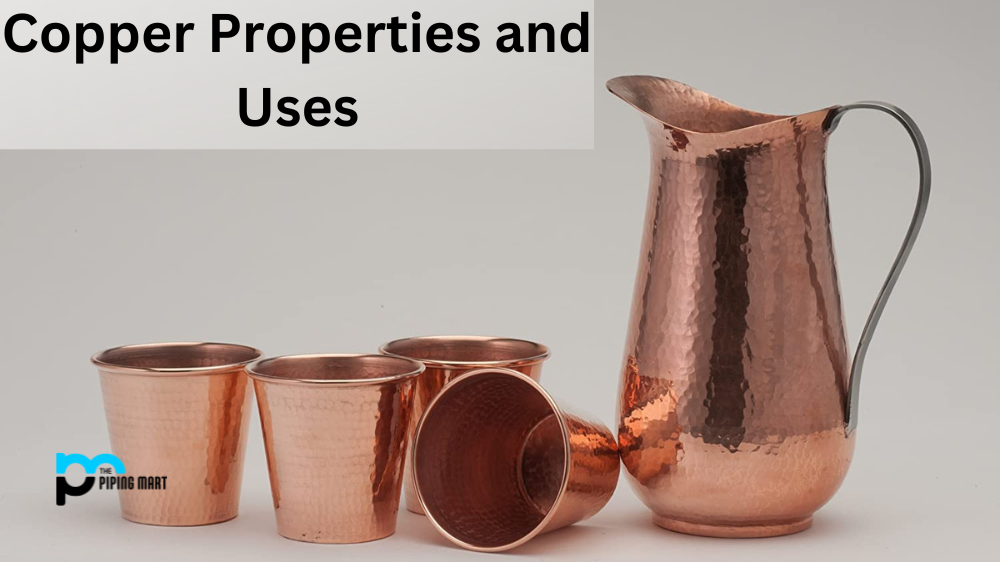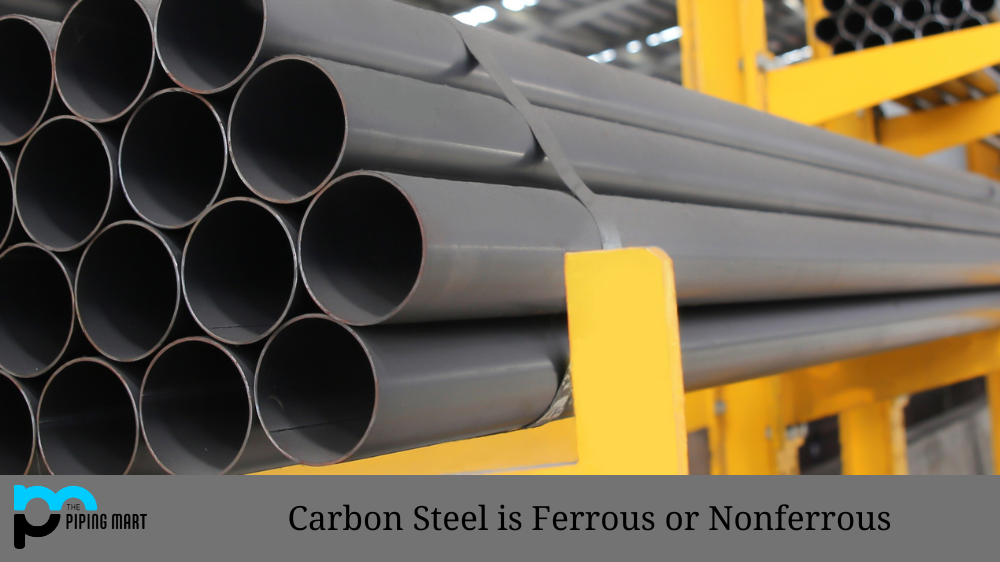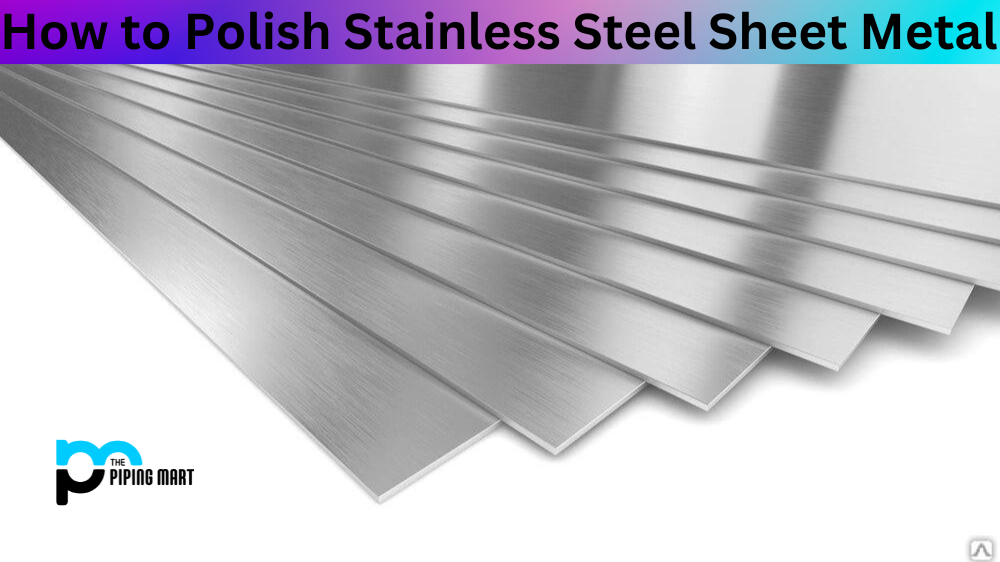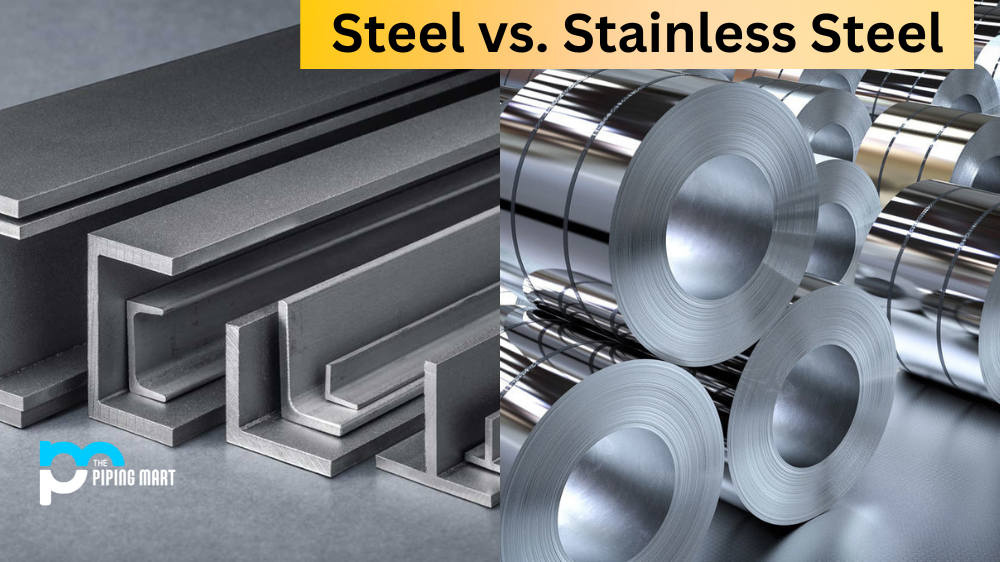Copper is one of the most versatile elements in existence, with a variety of physical, mechanical, and special properties. It has been used in several applications throughout human history, from jewelry to coins to electrical wiring. In this blog post, we will explore the properties and uses of copper.
Properties of Copper
Physical Properties of Copper
Copper (Cu) has a reddish-orange metallic luster that makes it easy to identify. It is malleable enough to be formed or bent into any desired shape without breaking or cracking. Copper is also highly malleable, meaning it can be stretched into thin wires without breaking. Additionally, its electrical conductivity makes it an ideal material for electrical wiring and other applications that involve transferring electricity from point A to point B.
Mechanical Properties of Copper
Copper is a strong material with excellent tensile strength and resistance to fatigue. This means it can withstand repeated bending and twisting without becoming weak over time. Its excellent corrosion resistance also makes it ideal for coastal areas where saltwater corrosion can easily corrode weaker metals like aluminum or steel. Additionally, copper has a low thermal expansion, which enables it to maintain its shape when exposed to extreme temperatures—hot or cold—better than many other metals.
Special Properties of Copper
Copper has several unique properties that make it especially useful in certain applications, such as medical equipment and electronics. For example, copper’s anti-bacterial properties make it an ideal material for medical instruments and food preparation surfaces since bacteria cannot easily survive on its surface due to the presence of copper ions which kill harmful bacteria on contact. Additionally, copper’s ability to absorb electromagnetic waves makes it great for shielding sensitive electronics from interference caused by radio frequencies or other sources of interference.
Uses Of Copper Metal
Copper is one of the oldest and most widely used metals in the world. It has been used for thousands of years for different purposes due to its malleability and ductility properties, along with its corrosion resistance. Copper metal has many uses, from copper coils in refrigerators and copper wiring for electrical systems to copper roofing for buildings or copper coins as money. Copper is commonly used in jewelry, cookware, coins, electronics, and art projects. In addition to these everyday uses of copper, it’s also considered an important mineral nutrient that helps support systemic health also copper uses in Ayurveda. Overall, copper plays an important role in both our everyday lives and long-term health, making it one of the most versatile materials on earth!
Industrial Uses of Copper
Copper is an essential element in the industry, as it is highly conductive and malleable. As such, it has been used in various industries to make tools, coins, and wires. It’s also used in pipes due to its resistance to corrosion, which makes it ideal for plumbing applications. Copper is also widely used in electronics as well as batteries due to its ability to store energy efficiently.
Uses of Copper in Daily Life
Copper isn’t only found in industrial applications – it can also be found in everyday items like jewelry, utensils, coins, and even musical instruments! Copper is often alloyed with other metals like tungsten or silver for use in jewelry because not only does it give the piece a unique color, but it also adds durability and strength. In kitchens worldwide, you will find copper pots and pans because copper is a great conductor of heat – meaning food cooks faster when cooked on copper cookware! Additionally, because of its anti-microbial properties, copper is often found on doorknobs and handles that are touched frequently by multiple people throughout the day – this helps reduce germs spread around the home or workplace.
Conclusion:
Copper is an incredibly versatile element with a wide range of physical and mechanical properties that make it ideal for use in various applications ranging from jewelry making to construction materials to medical instruments. Its special properties—such as its anti-bacterial nature and ability to absorb electromagnetic waves—make copper an invaluable resource in many specialized industries such as medicine and electronics manufacturing. If you’re looking for an element with reliable performance and durability under even the most demanding conditions, look no further than copper!

Pipingmart is a B2B portal that specializes in metal, industrial and piping items. Additionally, we share the latest information and information about materials, products and various types of grades to assist businesses that are involved in this business.




